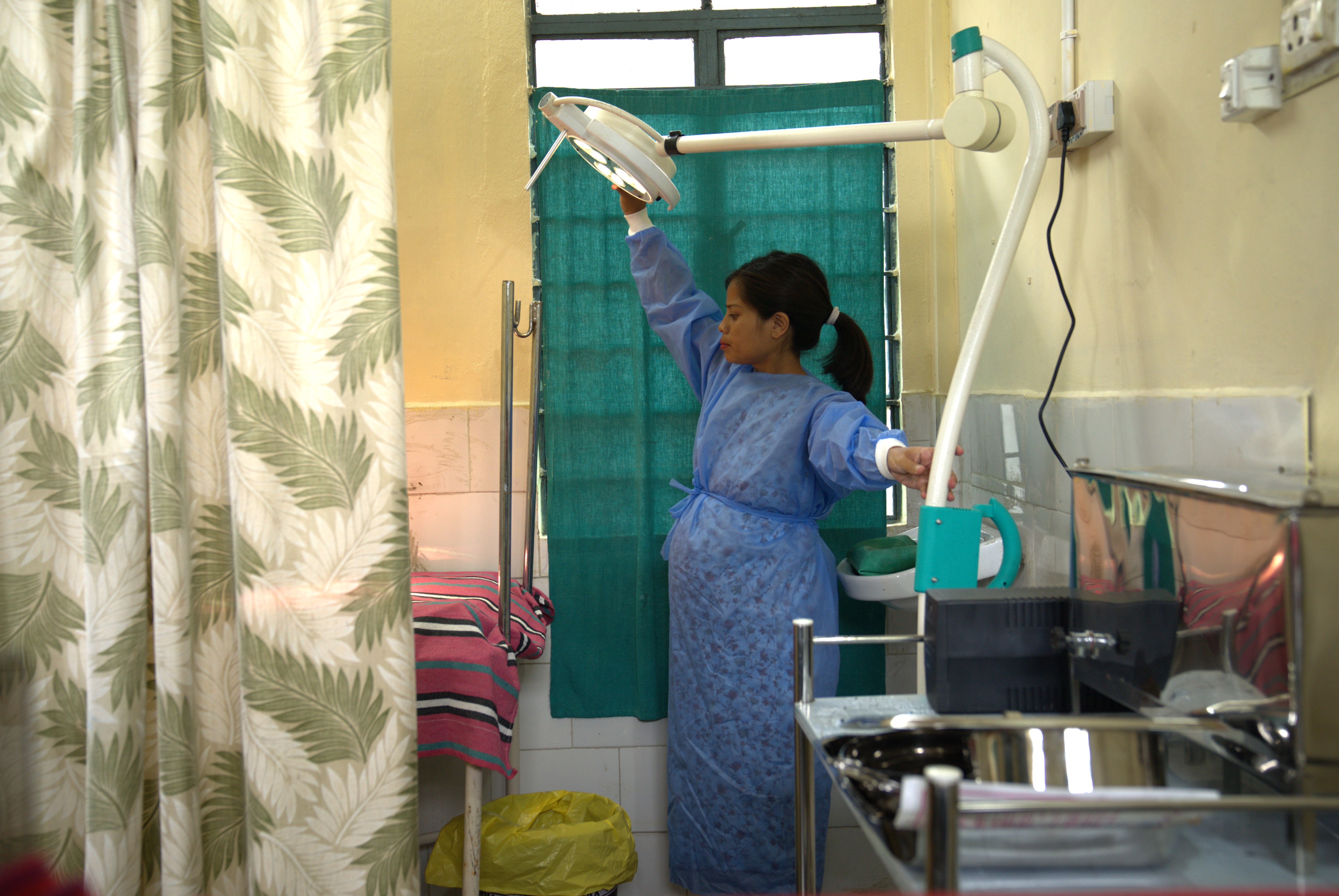Background
Last mile healthcare in India is catered through primary health centres and subcentres. They serve as critical first points of care for many communities. In addition to being more exposed to the impacts of climate change, vulnerable communities also face a disproportionate burden of the health impacts due to the inability of the health infrastructure to cater to their needs. While hilly terrain, low population density and climatic conditions in the state are a challenge to provision of reliable grid-based electricity, they create immense opportunity for using decentralized energy solutions to power public health facilities statewide.

Increasing health risks with climate change has massive effects on already compromised communities
Climate change increases disease burden, further exaggerating inequalities and compromising overall wellbeing of the population.

Costs of Healthcare
Nearly 86% of all the medical visits in India are made by rural populations with the majority still travelling more than 100 km to avail health care facilities of which 70-80% is born out of pocket landing them in poverty. Despite of health services being free, this discourages many people to seek healthcare at the right time, often increasing severity of diseases.
Solution
Reliable and renewable energy powered health centres designed with keeping the local terrain, context in mind, and subsequent backup battery systems. Appropriate technology allows for healthcare staff to carry out their jobs more efficiently. Another key point of intervention is to ensure climate resilience is the structure itself. Having the space designed in accordance with local climate stresses, ensuring proper ventilation, sunlight that also optimize energy usage.
Impact
1. Increased reliability of services at the heath center leading to more footfall.
2. Decrease in unnecessary referrals to larger hospitals.
3. As observed, 60% of total savings on the energy system powering efficient loads as compared to a larger system with inefficient appliances.

Building Climate Resilience
Mitigation
Decrease in dependance on conventional sources of fuel, mitigating emissions at a larger level. The Energy For Health Program aimed at creating 25,000 health centres is set to avoid 5 million tonnes of GHG emissions at source.
Adaptation
Increased accessibility of health services nearer to homes.
